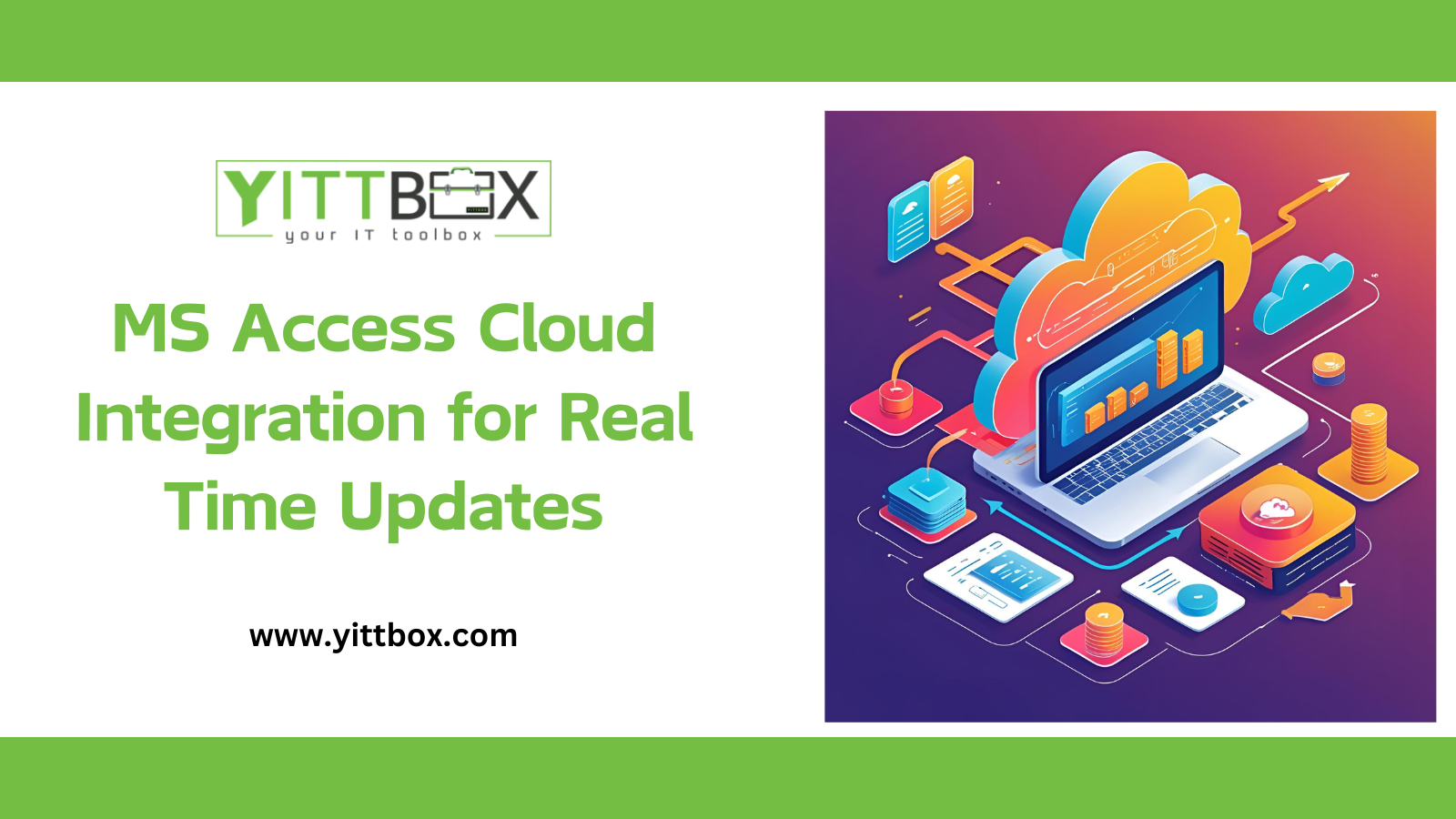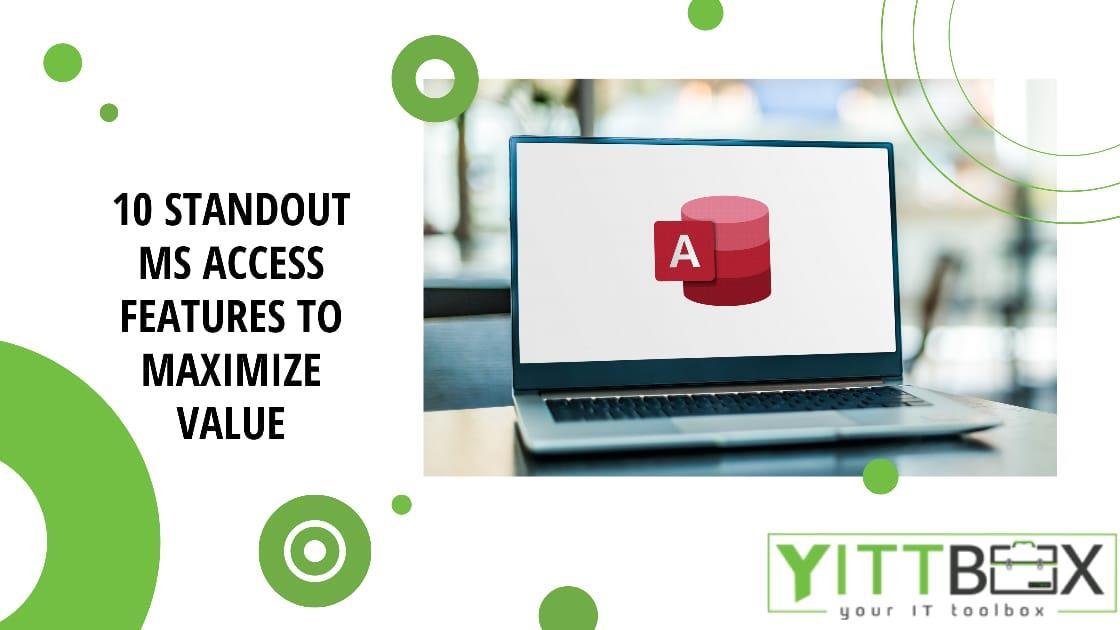MS Access Cloud Integration for Real Time Updates
MS Access has been a trusted tool for decades, but its traditional setup keeps data stored locally. In today’s world, where teams need instant, reliable access to information, moving your MS Access database to the cloud is essential.
Why Integrate with the Cloud
When data lives only on one computer or server, it becomes a bottleneck. Cloud integration lets multiple users see updates as they happen, from anywhere. This boosts teamwork, transparency, and decision-making.
Setting Up Cloud Connectivity
A common way to connect Access to the cloud is by moving your tables to a cloud-hosted database, like Azure SQL or SQL Server. Once in the cloud, link your Access front-end to these tables. This setup allows your team to keep using the Access interface they know, but with live data from the cloud.
What Are Linked Tables
Linked tables are a key feature in MS Access that connect your local database interface to data stored elsewhere, often in the cloud. Instead of storing data inside your Access file, linked tables act as pointers or windows that display and allow interaction with data residing on cloud databases like Azure SQL. This means any changes made through Access update instantly in the cloud, and vice versa. Linked tables keep your Access file lightweight and ensure data consistency for all users.
Using Linked Tables Effectively
Linked tables act as real-time windows into your cloud database. They update automatically and reduce the risk of outdated or duplicate data. When you link tables, Access doesn’t store the data locally, which makes your files faster and more secure.
Security and Compliance Benefits
Cloud platforms provide advanced security features, such as encryption, role-based permissions, and automated backups. This means your data is safer, meets compliance standards, and is recoverable if something goes wrong.
Challenges to Consider
While the benefits are clear, cloud integration also requires planning. You may need to refactor queries for better performance, train staff, and test connections regularly to avoid downtime.
Conclusion
Bringing MS Access to the cloud is a smart step toward modern, real-time data management. With careful setup, your team will gain faster access, stronger security, and the freedom to work from anywhere.







